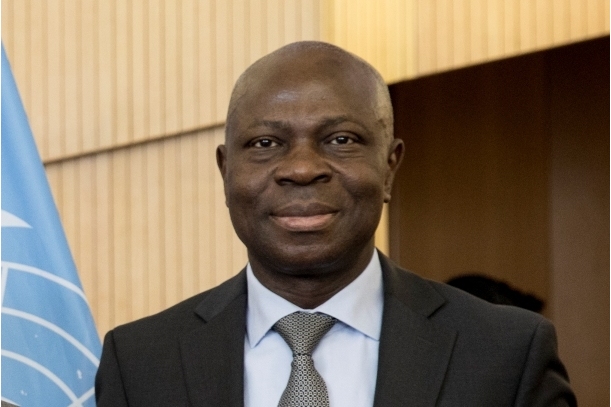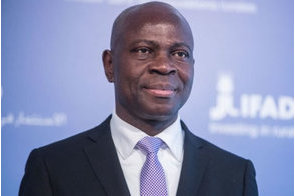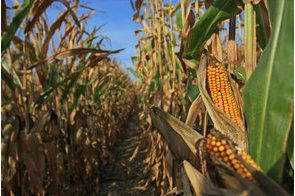Latest News
IFAD announces shift to ethical investments

News Highlight
Going forward, IFAD will proactively increase its investments in green bonds and other ESG securities.
In a significant move to strengthen its commitment to ethical investments, the Executive Board of the International Fund for Agricultural Development (IFAD) agreed on a policy to further shift the Fund’s treasury investments to green bonds and other Environmental, Social and Governance (ESG) investments, the UN agency announced on January 26, 2022. IFAD said the new shift was in addition to its already established socially responsible investment strategy, which mirrors UN Global Compact principles.
With the adoption of the 2022 Investment Policy Statement, IFAD will also publish the list of industries excluded from its investments, strengthening its position as a responsible investor.
At the end of September 2021, IFAD had US$1.35 billion invested in financial instruments. This amount is derived from replenishments (contributions from Member States), borrowed funds and loan repayments, which are then committed to developing countries under IFAD’s regular programme of loans and grants.
“IFAD has always been a responsible investor with human rights, environmental, social and anti-corruption principles strongly entrenched in our DNA. Today’s landmark decision is an ambitious step to further translate our principles into reality,” said Alvaro Lario, IFAD Associate Vice-President and Chief Financial Officer and Controller.
Going forward, IFAD will proactively increase its investments in green bonds and other ESG securities, including supranational, sovereign, agency and corporate bonds, and asset-backed securities in the impact bond market, the agency said in a statement it sent to Financial Nigeria. IFAD’s ESG investments on financial markets have so far remained limited.
“Increasing our investments in ESG bonds is not only further proof of our commitment to strong ESG standards but it is also a long-term strategy to strengthen IFAD’s portfolio and align it to sustainable financial market practices,” added Lario.
IFAD’s primary investment objectives are to preserve the value of the assets invested and to ensure that resources are available when they are required to finance IFAD’s operations in developing countries. Subject to these two parameters, together with the reinforced overlay of ESG criteria, IFAD seeks to prudently optimize the returns on its investments.
The Investment Policy Statement explicitly states that IFAD will systematically exclude from its investments securities issued by entities involved with unethical products or services, including, but not limited to, weapons and ammunitions, coal extraction, coal-fired power generation, tobacco, alcohol and gambling – among others. While IFAD’s long-time adherence and compliance with The Ten Principles of the United Nations Global Compact has ensured no such investments were made in the past, the publication of the list of excluded industries will strengthen transparency and further consolidate IFAD’s commitment to ESG objectives. IFAD has now joined other pioneering UN agencies and international financial institutions which publish such a list.
Related News
Latest Blogs
- What Ould Tah’s tenure at BADEA reveals about his AfDB candidacy
- Implementation strategy crucial for the success of 12-4 education policy
- A senator’s suspension threatens the right of representation
- Tinubu’s promising revolution in infrastructure development
- Has Tinubu’s economic reform started working?
Most Popular News
- Artificial intelligence can help to reduce youth unemployment in Africa – ...
- Nigeria records $6.83 billion balance of payments surplus in 2024
- Tariffs stir inflation fears in US but offer targeted industry gains ...
- Tinubu appoints new Board Chair, Group CEO for NNPC Limited
- CBN net reserve hits $23.1 billion, the highest in three years
- Soaring civil unrest worries companies and insurers, says Allianz









